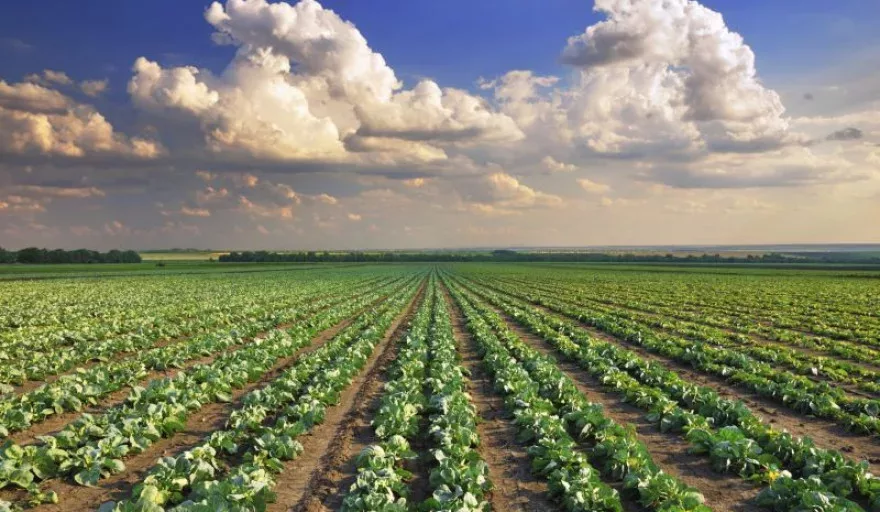OPTICHINA (Breeding to Optimise Chinese Agriculture) is a partnership between the European Union (EU) and China focused on crop breeding. The project is bridging the gap between crop breeding research activities carried out by European and Chinese researchers.
Today, we are faced with the challenge of providing safe, nutritious and affordable food for the world’s ever increasing population. To meet this challenge, careful management of land and a shift to systems that produce more from less is key. Accelerated plant breeding for increased yield and better adaptation to abiotic stresses such as wind and intense sunlight have also become crucial.
“For a long time, Chinese policy makers have been pushing for increased yield potential while exploring the molecular aspects of crops – much more so than in Europe,” says project coordinator José Luis Araus from the University of Barcelona. “On the other hand, Europe has become a leader in environmental issues. Combining both talents and exchanging best practices has great potential,” adds Araus.
Top international scientists from both China and Europe are exploring new technologies such as molecular genetics that aim to improve the efficiency of crop breeding programmes. The scientists are also focused on improving and combining plant characteristics such as yield components with the aim of creating the optimal plant. Other focus areas include exploring disease resistance and abiotic stress tolerance.
“All this will lead to better, more sustainable crops and the use of fertilisers and other resources that are resilient,” maintains Araus.
OPTICHINA involves training courses, workshops, conferences and fellowships for both Chinese and European researchers. This contact ensures the transfer of knowledge and technology and the continued implementation of best practices. It also builds long lasting links between Chinese and EU scientists working in molecular, genetic, plant breeding and environmental research.
“We have organised several workshops featuring many of the world’s top experts in several cities like Barcelona, Beijing and Lyon,” says Dr. Jiankang Wang from the Institute of Crop Science at the Chinese Academy of Agricultural Sciences (CAAS) in Beijing, China. “We are also responsible for providing fellowships for young Chinese researchers and postgraduates to spend 3 to 6 months with our EU partners,” explains Dr. Wang.
According to Araus, the project has engaged EU and Chinese researchers “in a fruitful manner”. The success of the cooperation is evident in the fact that the University of Barcelona and Rothamsted Research in the United Kingdom signed a Memorandum of Understanding (agreement) with the CAAS at the 4th Global Forum of Leaders for Agricultural Science and Technology in Beijing in June 2013.
This agreement has put the seal on future collaboration between China and Europe in finding new technologies, tools and approaches for continued improvements in crop breeding.
SOURCE: The European Commission Research and Innovation Information Centre






























